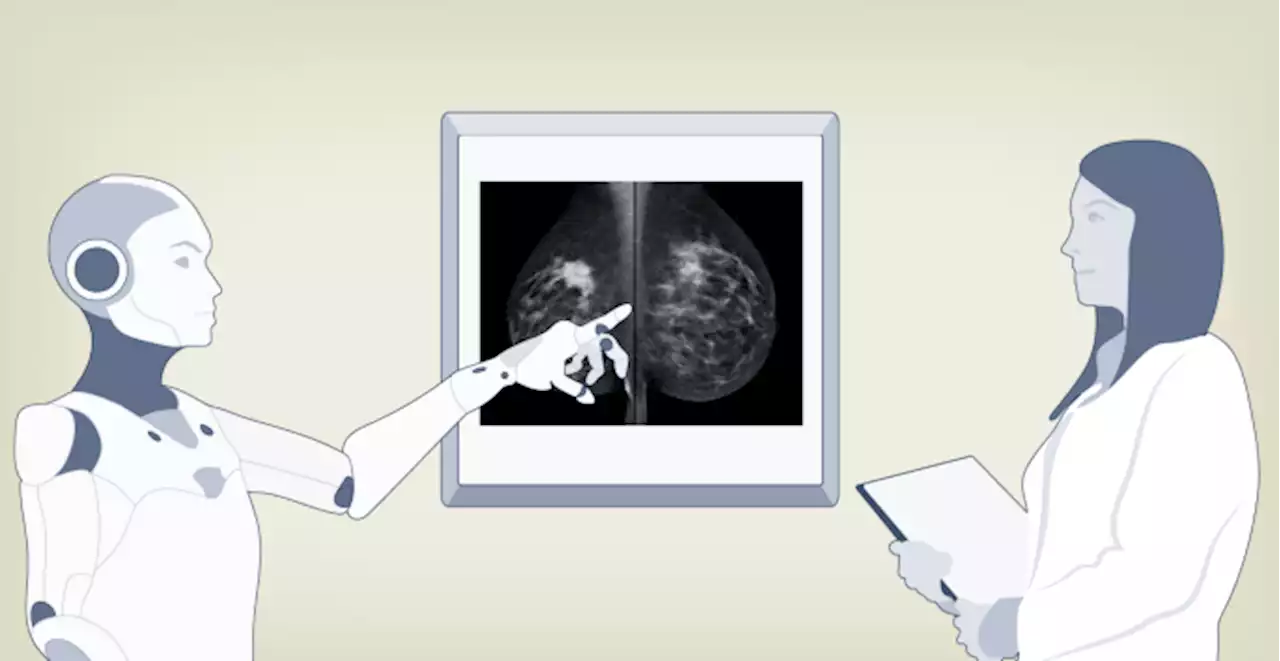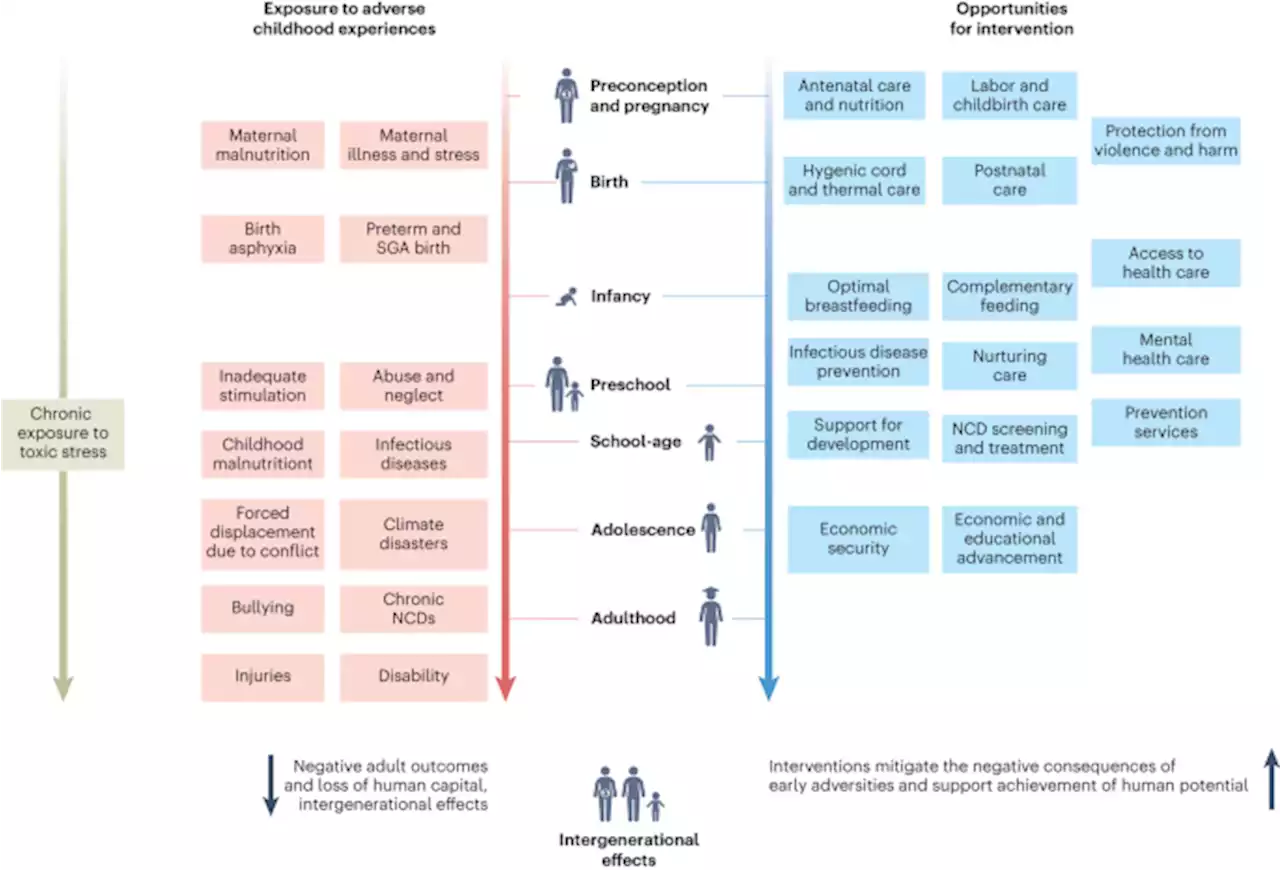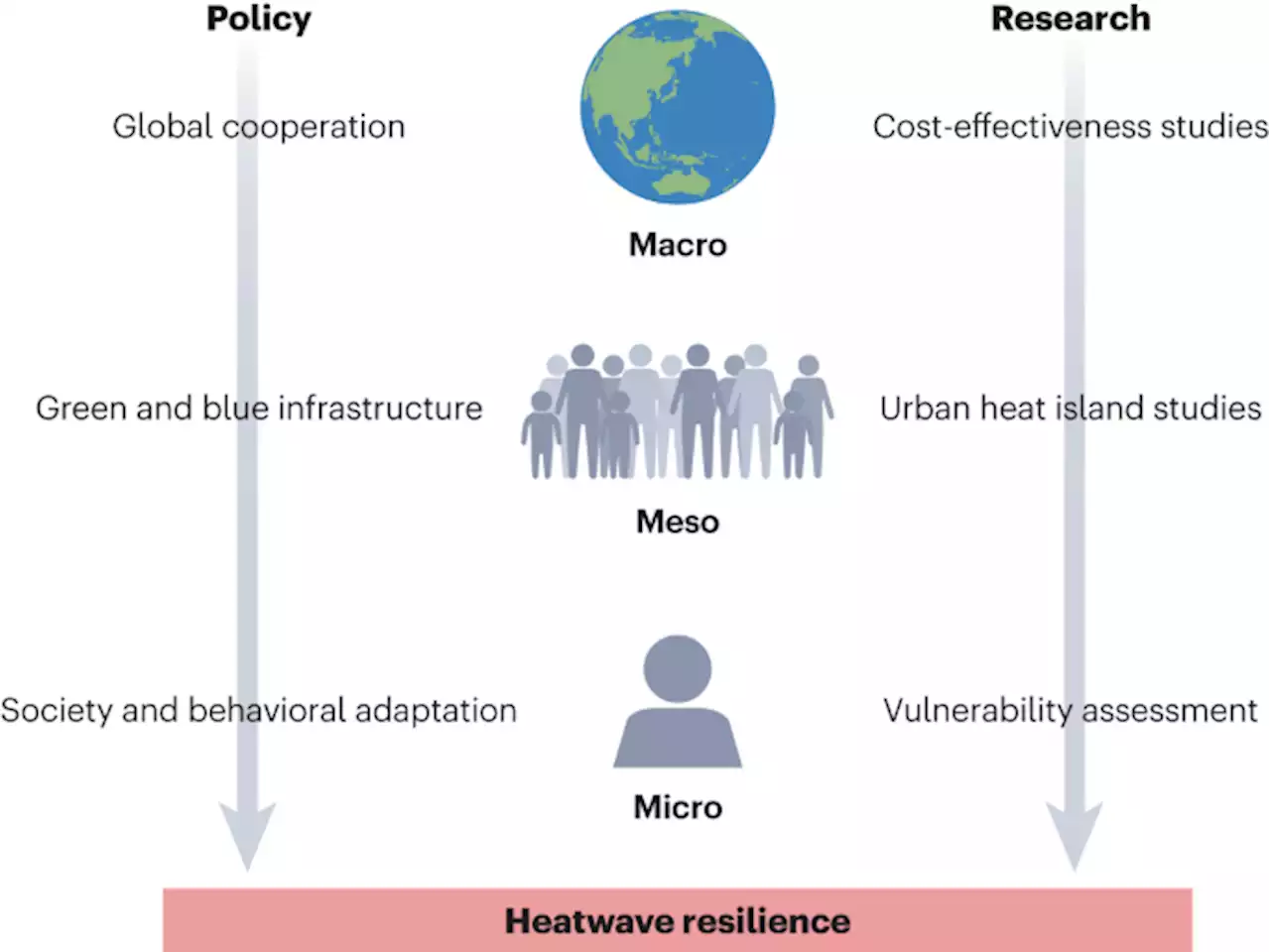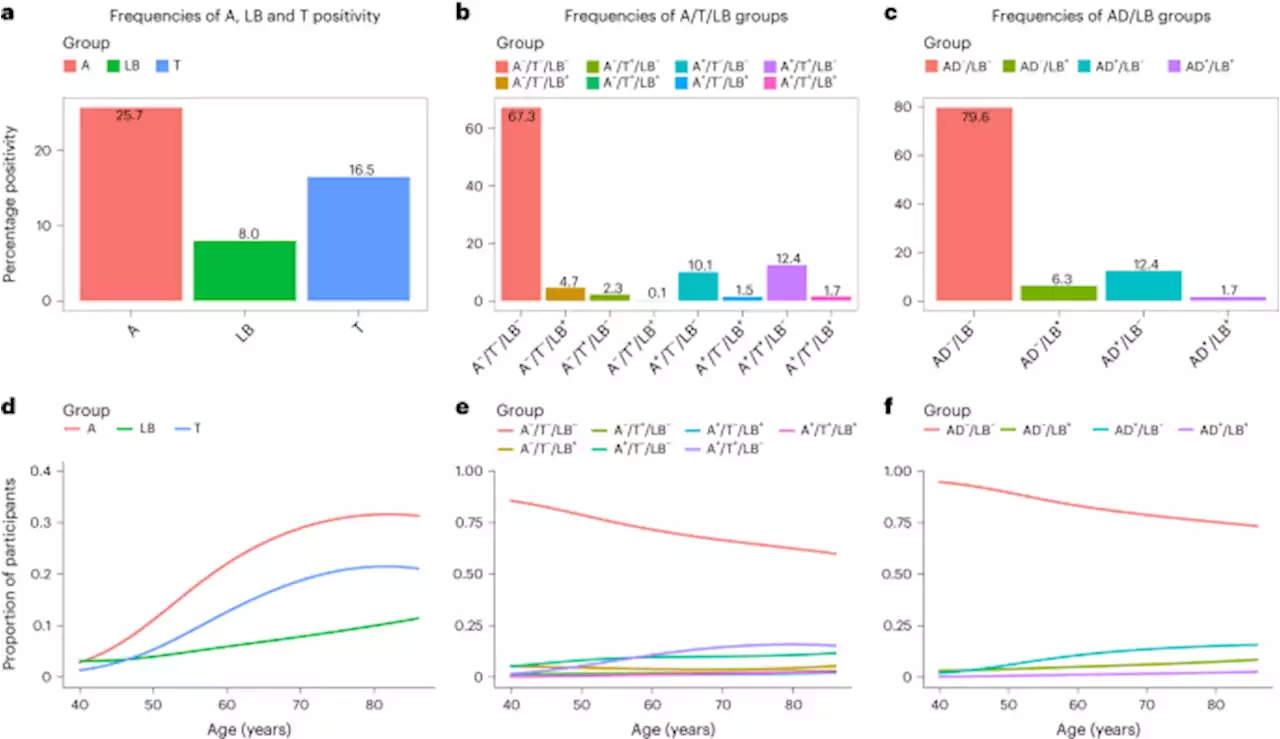Clinical trials assess a precision-medicine approach to cancer screening. News feature from sofiamoutinhoBR, part of our focus on Building Healthy Populations.
in treating men at low or intermediate risk of prostate cancer detected by screening with PSA.
The ProScreen trial also includes a flexible screening interval whereby men with low PSA levels get a second test 6 years later, compared with 4 years for those with intermediate PSA levels and 2 years for those with high levels. The researchers hope to reduce over-detection and unnecessary biopsies by 50%.
A more personalized approach to cervical cancer is also gaining ground. In 2020, the American Society for Colposcopy and Cervical Pathology recommended for the first time that doctors estimate a patient’s individual risk of developing pre-cancer or cancer on the basis of the combination of their current and past Pap, HPV and cervical biopsy results, rather than age.
Several randomized trials of FIT versus colonoscopy for colorectal-cancer screening are ongoing, but the European Commission has already recommended FIT as the
United States Latest News, United States Headlines
Similar News:You can also read news stories similar to this one that we have collected from other news sources.
 Balancing human and AI roles in clinical imaging - Nature MedicineNew data suggest that combining AI with human expertise could improve diagnostic accuracy while maintaining a safety net in clinical imaging. Read the News and Views from Fiona Gilbert fjg28_fiona Cambridge_Uni
Balancing human and AI roles in clinical imaging - Nature MedicineNew data suggest that combining AI with human expertise could improve diagnostic accuracy while maintaining a safety net in clinical imaging. Read the News and Views from Fiona Gilbert fjg28_fiona Cambridge_Uni
Read more »
 Adverse childhood experiences and lifelong health - Nature MedicineNew Review: Childhood adversity can negatively impact lifelong health; Zulfiqar Bhutta & colleagues discuss the underlying mechanisms & potential solutions. Part of our Focus on Building Healthy Populations childhealth AKUGlobal SickKidsNews harvardmed
Adverse childhood experiences and lifelong health - Nature MedicineNew Review: Childhood adversity can negatively impact lifelong health; Zulfiqar Bhutta & colleagues discuss the underlying mechanisms & potential solutions. Part of our Focus on Building Healthy Populations childhealth AKUGlobal SickKidsNews harvardmed
Read more »
 Building healthy populations one community at a time - Nature MedicineTailored community engagement can build trust with underserved communities to deliver health equity. Comment from DrOdedina, Rafaela Alves Pacheco, and marciacastrorj, as part of our focus issue on Building Healthy Populations.
Building healthy populations one community at a time - Nature MedicineTailored community engagement can build trust with underserved communities to deliver health equity. Comment from DrOdedina, Rafaela Alves Pacheco, and marciacastrorj, as part of our focus issue on Building Healthy Populations.
Read more »
 Building resilience in heatwaves - Nature MedicineEscalating severity and frequency of heatwaves have outpaced the effectiveness of existing prevention and adaptation measures; there is urgency for reassessment, enhancement and implementation of strategies to mitigate health impacts in dealing with this global health challenge.
Building resilience in heatwaves - Nature MedicineEscalating severity and frequency of heatwaves have outpaced the effectiveness of existing prevention and adaptation measures; there is urgency for reassessment, enhancement and implementation of strategies to mitigate health impacts in dealing with this global health challenge.
Read more »
 Biological and functional multimorbidity—from mechanisms to management - Nature MedicineMultimorbidity is increasing globally, and addressing it requires a shift in the prevailing clinical, educational and scientific thinking. This Review discusses emerging mechanisms, research challenges and the implications for patients and healthcare systems.
Biological and functional multimorbidity—from mechanisms to management - Nature MedicineMultimorbidity is increasing globally, and addressing it requires a shift in the prevailing clinical, educational and scientific thinking. This Review discusses emerging mechanisms, research challenges and the implications for patients and healthcare systems.
Read more »
 Cognitive effects of Lewy body pathology in clinically unimpaired individuals - Nature MedicineA longitudinal study of clinically unimpaired individuals reveals that Lewy body pathology measured in vivo is associated with worse smell and cognitive functions and predicted subsequent cognitive decline and progression to Parkinson’s disease or dementia with Lewy bodies.
Cognitive effects of Lewy body pathology in clinically unimpaired individuals - Nature MedicineA longitudinal study of clinically unimpaired individuals reveals that Lewy body pathology measured in vivo is associated with worse smell and cognitive functions and predicted subsequent cognitive decline and progression to Parkinson’s disease or dementia with Lewy bodies.
Read more »
